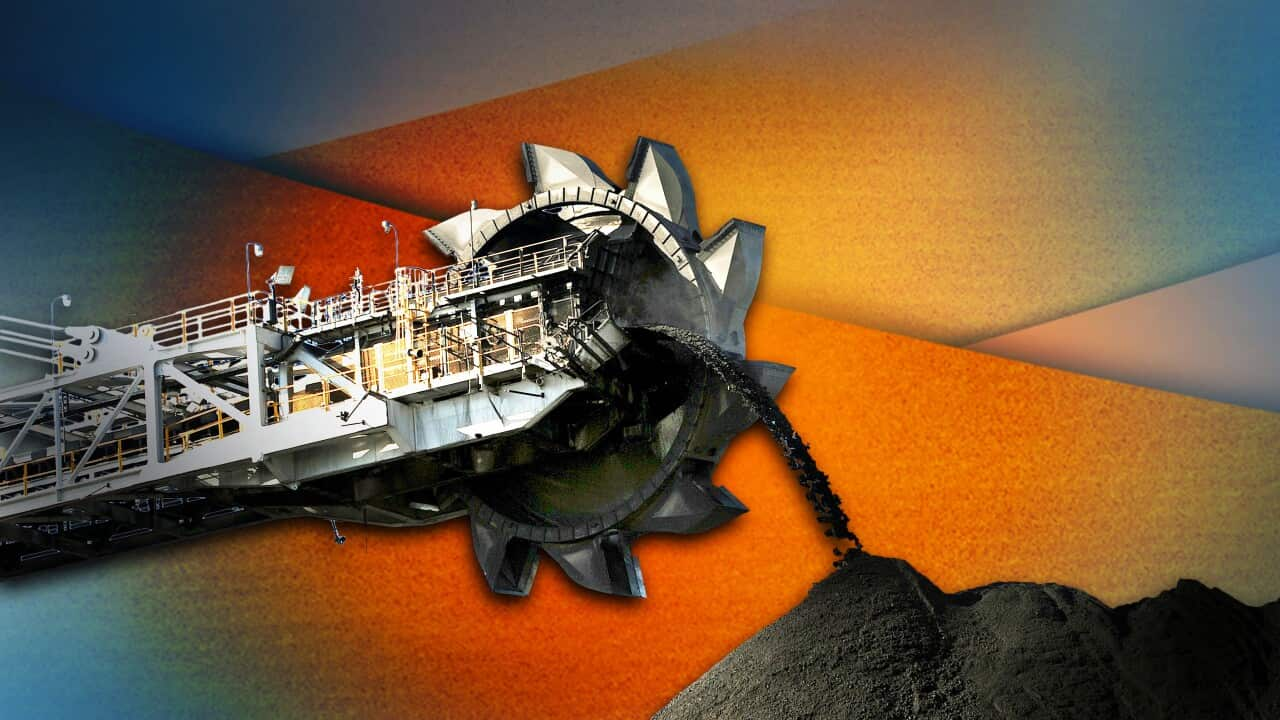Key Points
- Treasurer Jim Chalmers announced changes to tax settings for oil and gas producers.
- One of the changes will see a cap on deductions the companies can claim.
- The changes are slated to increase tax receipts by $2.4 billion.
An overhaul of the petroleum resource rent tax will make a meaningful contribution to the budget and help get Australia's finances back on track, Treasurer Jim Chalmers says.
The treasurer on Saturday announced changes to the contentious tax settings for oil and gas producers, including a cap on deductions from July 1 to give Australians a "" from LNG projects.
The cap will limit the proportion of petroleum resource rent tax-assessable income that can be offset by deductions to 90 per cent.
"It's been clear for some time that the (petroleum resource rent tax) isn't up to scratch," Dr Chalmers said in a statement.
"These changes will make a meaningful contribution to the budget that we hand down on Tuesday night, helping to support our efforts to get the nation's finances back on track, fund vital services and provide responsible ."
The changes are slated to increase tax receipts by $2.4 billion over the forward estimates, the government said.
The announcement comes amid predictions of a for this financial year followed by smaller deficits over the following years.
The federal coalition agreed Australia might be on track to land its in years but said the government couldn't rest on its laurels while inflation remains high.
Financial market economists have tipped the budget to be back in the black in 2022/23 to the tune of up to $2 billion, compared to the previous Treasury forecast in October of a deficit of $36.9b.
The market is also watching to see if Dr Chalmers reveals smaller deficits for the forward estimates period, including a possible $25b deficit in 2023/24 compared to a previously forecast $44b.
The budget is being supported by soaring commodity prices, a tight labour market and faster wage growth - all of which are boosting tax revenues.
Opposition Leader Peter Dutton said the budget test for Labor was if it could mitigate still high inflation, which peaked around 7.8 per cent in the year to December.
"If they continue to add to it (inflation), interest rates will be higher for longer and mortgage holders and people who have overdrafts and small businesses are going to hurt for longer," Mr Dutton said in Tasmania on Saturday.
"It's obvious that there are significant revenues, particularly mining royalties, company tax receipts, etc, so it's likely that there will be a surplus budget on Tuesday.
"But the question is whether they will have a plan for inflation."
While many economists have tipped a small budget surplus for 2022/23, ANZ economists have projected an $8b deficit and a near halving of the previously forecast deficit outcomes between 2023/24 and 2025/26.
Dr Chalmers told AAP the nation will have to wait until 7.30pm Tuesday to see where the numbers settle.
"What is already clear, is if we had taken the same approach to revenue upgrades as our predecessors, then we wouldn't be anywhere near having this conversation," he said in an interview.
"The budget is improving in the near term for a number of reasons, but our responsible and restrained approach to spending, which sees most of it go to the bottom line, is what's making the biggest difference to the budget."
Dr Chalmers agreed inflation was the number one concern.













